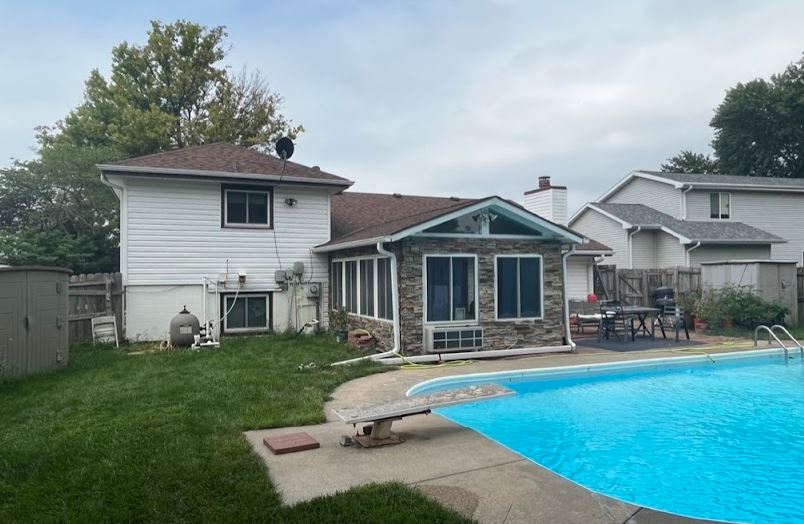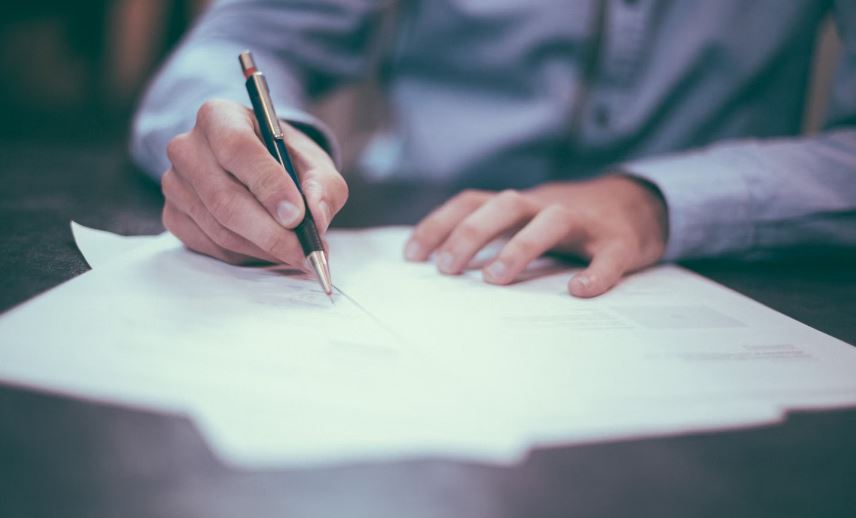Going through bankruptcy can be a difficult and stressful time.
Can you sell your house when filing for bankruptcy?
The good news is that in most cases, you can sell your home even in active bankruptcy.
In this post, I will explain the key factors to consider when selling your house during bankruptcy and the steps to take for a smooth sale.
What Is Bankruptcy?
Bankruptcy is a legal process that allows individuals or businesses to seek relief from overwhelming debt.
The most common bankruptcy filings for individuals are Chapter 7 and Chapter 13.
In Chapter 7 (liquidation bankruptcy), your non-exempt assets may be sold to pay off creditors.
In Chapter 13 (reorganization bankruptcy), you propose a repayment plan to pay off some or all of your debts over a period of three to five years.
Bankruptcy will stop collections efforts and foreclosures while the details are negotiated in court.
Can You Sell Your House During Bankruptcy?
Yes, you can sell your house during an active bankruptcy, whether it's Chapter 7 or 13.

However, you will need the bankruptcy court's permission first. The court needs to ensure the sale is in the best interest of both you and your creditors.
Your attorney will need to file a motion and gain court approval before proceeding.
As long as the proceedings are ethical and legal, the court will likely approve the sale.
Also Read: Can You Sell A House In Probate
And the proceeds from the sale will be used to pay creditors, after applying homestead exemptions to protect some equity.
Can You Sell Your House Before Bankruptcy
Yes, you can sell your house before filing for bankruptcy.
However, this can be risky. The bankruptcy court may look back at recent sales to determine if assets were sold off before filing bankruptcy just to keep them out of the hands of creditors.
Any sale within two years of filing bankruptcy will be scrutinized.
You must sell the house for fair market value and use the proceeds for things like living costs or essential expenses.
Can You Sell Your House After Bankruptcy
Yes, you can sell your house after completing the bankruptcy case.
Once your Chapter 7 bankruptcy case is discharged and closed, you are free to sell your home without any restrictions or requiring court approval.
The bankruptcy trustee no longer has any claim on the property after discharge.
However you won't be able to buy a new home with financing.
Most mortgage lenders require waiting periods of 3-7 years after bankruptcy discharge before they will issue a new home loan.
Also Read: What are HUD Homes
Even FHA loans have a 2-year waiting period.
How To Sell Your House During Bankruptcy
If you want to sell your home during bankruptcy, here are the steps to take:
#1 Consult Your Bankruptcy Attorney
Before you do anything, consult with your bankruptcy attorney.
The attorney will evaluate your specific situation, advise if selling is advisable, and ensure you follow all legal requirements.
Plus, they’ll also guide you through the necessary filings and court proceedings.
#2 Request Court Approval
Next you need to get approval from the court. Your attorney will file a motion requesting permission to sell the property.
This motion must include details like:
- The proposed sale price and appraisal
- Names of creditors who hold liens/mortgages on the property
- How you intend to use and distribute the sale proceeds
The bankruptcy trustee assigned to your case will also review the motion and details.
#3 Sell The House
Once the bankruptcy court grants approval, you can sell your house as you normally would.
You have two options - list in the open market with a real estate agent or sell to a cash buyer.
Listing in the market is the usual way of selling a house.
You hire a real estate agent who helps you find buyers, negotiate the price, and handle all the paperwork. It might take a few months, but you might get the best price for your house.

The other way is to sell your house directly to a company that buys houses "as-is."
This is much faster, usually within a couple of weeks. You won't need an agent or pay commissions / closing costs, but you might get a little less money for your house.
#4 Close The Sale And Distribute Funds
At the closing, all liens, mortgages, and other encumbrances on the property must be paid off from the sale proceeds, per the court's instructions.
Any remaining proceeds must then be properly distributed.
Also Read: Selling A House After Divorce
In Chapter 7, exempt proceeds may go to you, while non-exempt funds will go to the bankruptcy trustee for distribution to creditors.
In Chapter 13, you may need to turn over non-exempt sale profits to the trustee to pay into your repayment plan for creditors.
Considerations And Challenges
You can complete a home sale during bankruptcy, but you will likely face extra challenges compared to selling under normal financial circumstances:
- Low appraisal values due to distressed sale situation
- Limits on the amount of equity you can retain from sale proceeds
- Strict court schedules to approve the sale before finalizing transaction
- Reduced negotiating power over sale terms
Another thing to keep in mind is the potential loss of your homestead exemption, which protects a portion of your home's equity from creditors.
If you sell your home and fail to reinvest the proceeds into a new residence within a specified time frame, you may lose this.
Can You Claim & Keep Your Home?
In some cases, you might be able to keep your home during bankruptcy by claiming it as an exempt asset.
This depends on your state as each has its own set of exemptions.
In Florida, for example, there is an unlimited homestead exemption for primary residences - so you can protect the full value of your home from creditors.
However, investment properties and second homes generally do not qualify for the same exemptions as a primary residence.

